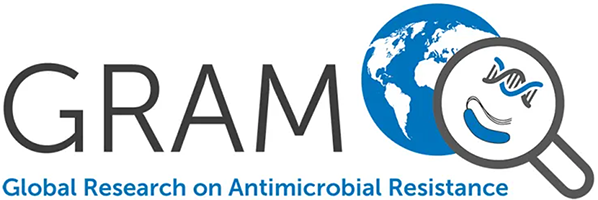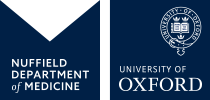Characteristics and One Year Outcomes of Melioidosis Patients in Northeastern Thailand: A Prospective, Multicenter Cohort Study.
Chantratita N., Phunpang R., Yarasai A., Dulsuk A., Yimthin T., Onofrey LA., Coston TD., Thiansukhon E., Chaisuksant S., Tanwisaid K., Chuananont S., Morakot C., Sangsa N., Chayangsu S., Silakun W., Buasi N., Chetchotisakd P., Day NP., Lertmemongkolchai G., West TE.
BACKGROUND: Melioidosis is a neglected tropical infection caused by the environmental saprophyte Burkholderia pseudomallei. METHODS: We conducted a prospective, observational study at nine hospitals in northeastern Thailand, a hyperendemic melioidosis zone, to define current characteristics of melioidosis patients and quantify outcomes over one year. FINDINGS: 2574 individuals hospitalised with culture-confirmed melioidosis were screened and 1352 patients were analysed. The median age was 55 years, 975 (72%) were male, and 951 (70%) had diabetes. 561 (42%) patients presented with lung infection, 1042 (77%) were bacteremic, 442 (33%) received vasopressors/inotropes and 547 (40%) received mechanical ventilation. 1307 (97%) received an intravenous antibiotic against B. pseudomallei. 335/1354 (25%) patients died within one month and 448/1331 (34%) of patients died within one year. Most patients had risk factors for melioidosis, but patients without identified risk factors did not have a reduced risk of death. Of patients discharged alive, most received oral trimethoprim-sulfamethoxazole, which was associated with decreased risk of post-discharge death; 235/970 (24%) were readmitted, and 874/1015 (86%) survived to one year. Recurrent infection was detected in 17/1018 patients (2%). Patients with risk factors other than diabetes had increased risk of death and increased risk of hospital readmission. INTERPRETATION: In northeastern Thailand patients with melioidosis experience high rates of bacteremia, organ failure and death. Most patients discharged alive survive one year although all-cause readmission is common. Recurrent disease is rare. Strategies that emphasize prevention, rapid diagnosis and intensification of early clinical management are likely to have greatest impact in this and other resource-restricted regions. FUNDING: US NIH/NIAID U01AI115520.

